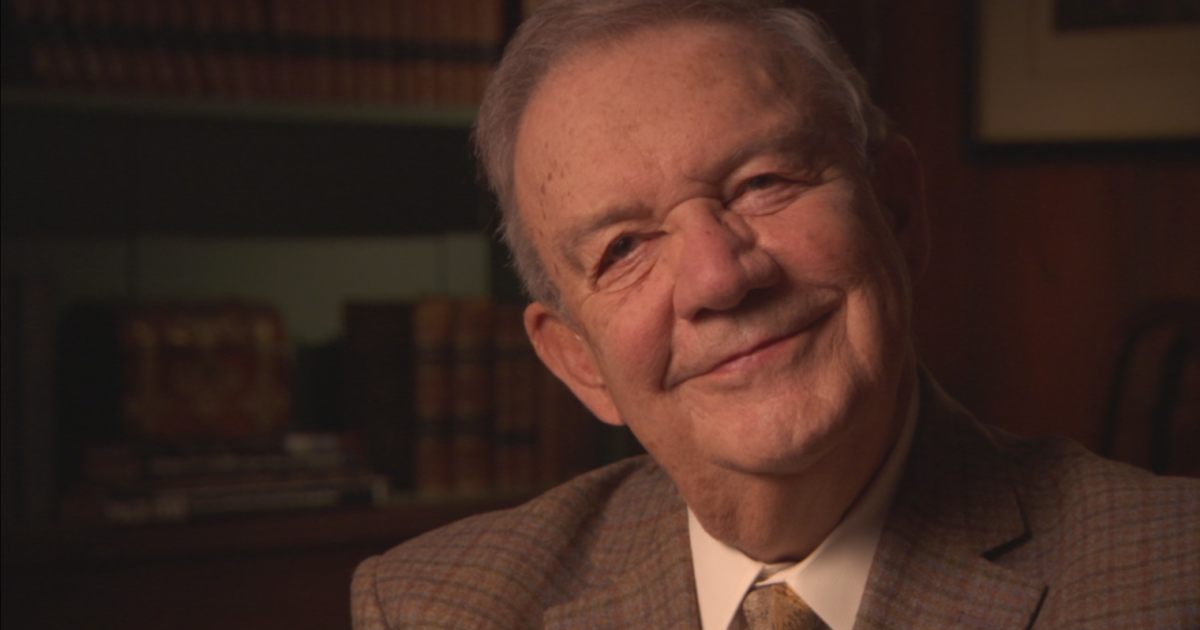
In 1962, the company moved Wendell to its Nashville home office. Six short years later, he was named manager of the Opry, succeeding Ott Devine. His first night on the job was to be Saturday, April 6 – two days after the assassination of Martin Luther King, Jr. in Memphis, and the only day in its history that the Grand Ole Opry was canceled (city officials had imposed a 7pm curfew, concerned about rioting). Bud endeared himself to cast members by announcing that all performers would still be paid for the night’s show. Opry member Grandpa Jones had a different reason for liking Wendell, however. When asked a few weeks later if he liked the new manager, Jones said, “He’s great. He’s brought in some coffee and lemonade backstage.”
Wendell would oversee some of the Opry’s biggest changes and expansions in its history, including its move from the Ryman to the larger Grand Ole Opry House, the building of the Opryland Hotel and Convention Center, and the opening of the Opryland theme park. In 1978, he was named president and CEO of WSM and, in 1991 – eight years after it acquired National Life’s entertainment assets – he was named president and CEO of Gaylord Entertainment.
Wendell was known for his prescient grasp of country music’s vast media potential. In 1983 he spearheaded the launch of The Nashville Network (TNN) and, in 1991, the acquisition of its competitor, Country Music Television (CMT), whose reach he quickly expanded into European and Latin American markets. He oversaw Gaylord’s renovation of the Ryman Auditorium and the opening of its Wildhorse Saloon entertainment venue, helping to revitalize Nashville’s downtown. He was inducted into the Country Music Hall of Fame in 1998 and the Music City Walk of Fame in 2015.
Born: August 17, 1927, Akron, Ohio
ncG1vNJzZmivp6x7sa7SZ6arn1%2Bgsq%2Bu1KulrGeTpMKvwNGyZKato56wcK7UnWSwnZ6Zsq24jJugqJ%2Bilr2pxY4%3D